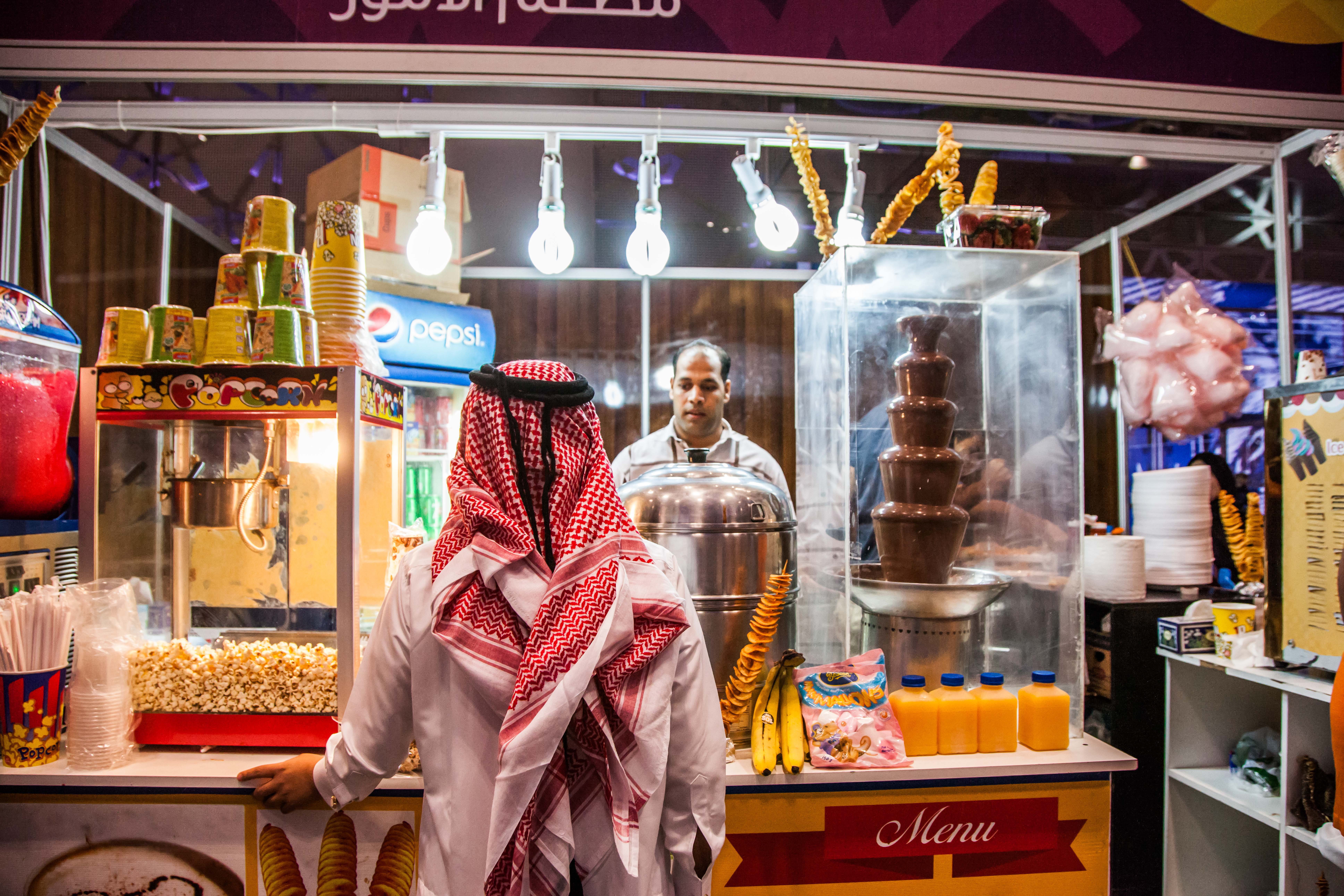
Urgent action must be taken to protect the future of tourism in Qatar, managers from several leading hotels in the country have said.
Speaking at the recent Hotelier Qatar Hospitality Summit, representatives from the Grand Hyatt, Intercontinental and the Four Seasons Doha all said that their hotels were experiencing a significant drop in business.
“It is clearly a down market,” Hotelier Middle East reported Four Seasons Doha general manager Todd Cilano as saying.

Thasleem MK/Flickr
Photo for illustrative purposes only.
He added that tackling the issue was a “community challenge, not an individual hotel challenge.”
Meanwhile, the general manager of the Intercontinental Doha stated that a destination marketing strategy must be devised “urgently.”
“Time and speed is of the essence,” Andreas Pfister said. “We need to be ready for the future. We need to plan today and get our act together for the next three to five years.”
By the numbers
The Qatar Tourism Authority has not released any visitor figures this year. The last official statistics it reported were in the third quarter of 2016, when it showed a year-on-year drop in visitors.
However, the government does keep track of hotel health.

Doha News
Average occupancy rates
According to the Ministry of Development and Planning Statistics (MDPS), hotel occupancy rates rose slightly from January to February of this year, the most recent data available.
But year-on-year, it only rose 3 percent for five-star hotels, while falling 4 percent for four-star hotels.

Doha News
Average room rates
Meanwhile, the more affordable three-star hotels saw occupancy jump 12 percent year-on-year since February 2016.
Still, the average room rate fell for all hotel types, down by QR60 to QR20/room.
Price cuts ‘not the answer’
Despite this trend, Cilano argued that hotels should not keep dropping their prices.

Four Seasons Hotel Doha/Facebook
Four Seasons Doha
Doing so would not increase tourism in the long run, he argued.
Cilano added that the Four Seasons was relying instead on the strength of its brand and its emphasis on quality – a strategy that he said has so far proven successful.
However, in a report last year, Colliers urged Qatar’s hospitality industry to slash room rates and offer more interesting dining options to attract guests during the ongoing economic slowdown.
Focus on food and drink
Investing in food and drink options as a way of generating more revenue is an idea that hotel managers appear to agree with.

Thomas Hawk/Flickr
Photo for illustrative purposes only.
Though room bookings are not rising much at luxury hotels, managers said that they were still experiencing growth at their bars and restaurants.
These are popular with Qatar’s residents as well as tourists.
Referring to F&B offerings, the Intercon’s Pfister said that trying to generate growth with only room sales would be “a struggle.”
He emphasized, however, the importance of continuing to deliver good service in a downturn, rather than just focusing on profits.
GCC tourists still key
During the hospitality conference, some managers discussed the demographics of Qatar’s visitors.

Reem Saad / Doha News
Photo for illustrative purposes only.
Some 46.1 percent of all visitors to Qatar last year came from other Gulf countries, according to TRI Consulting.
The QTA is hoping to change that, but Cilano said that plan is only a “medium-to-long term” goal.
“The conscious push to move away from GCC markets and attract more international visitors – that’s simply not happening right now. We’ve got to fish where the fish are and in the short term, they’re in the GCC,” he said.
He added that in order to attract tourists from countries like China, Qatar needs to up its game.

Mainland China
Photo for illustrative purposes only.
He suggested translating visa forms into Mandarin, hiring more people who speak the language, offering authentic Chinese food in hotels and malls and establishing a presence on the Chinese social network Wechat.
Last year, Qatar also announced plans to begin offering visas on arrival for people from China, as well as India and Russia.
















![List Of Profession Eligible For Family Visa In #Qatar2022 [Salary Occupations]](https://welcomeqatar.com/wp-content/uploads/2022/07/maxresdefault-1-324x400.jpg)









